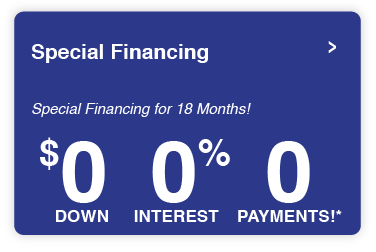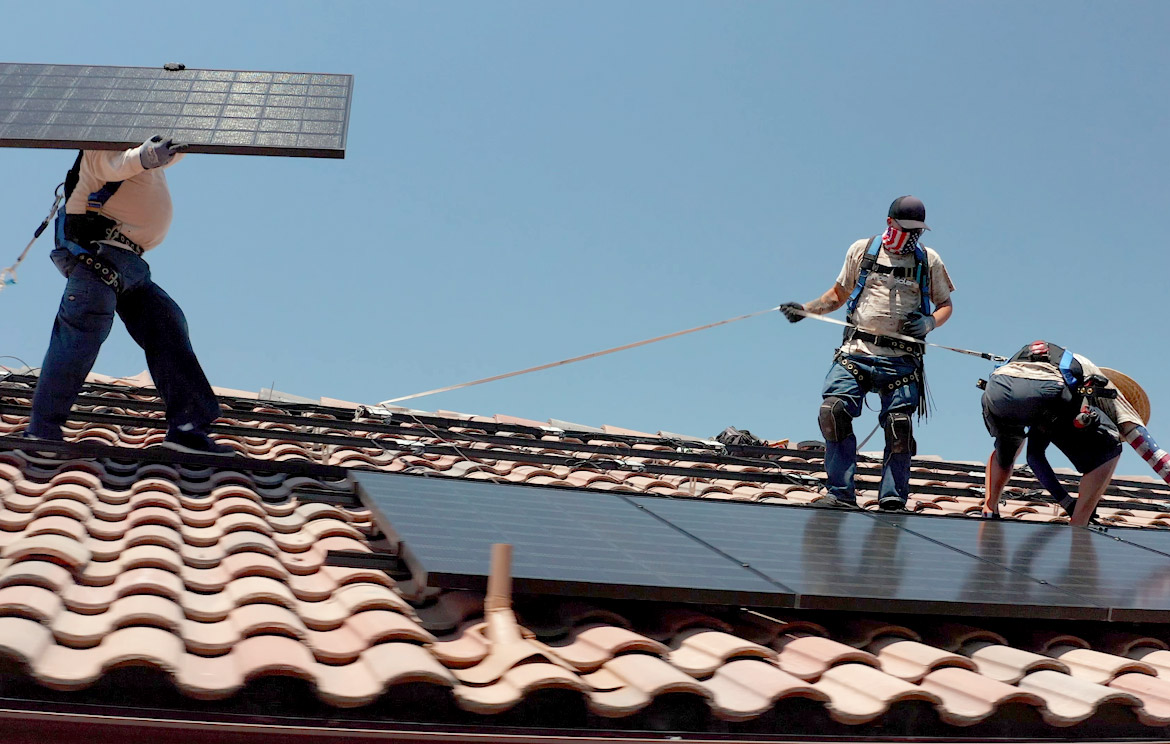






For most people in America, finding ways to save money is big, especially for those who are living on a fixed income. If you are in the phase of life where you want to save as much as possible so that you can stretch your fixed income out, switching to solar can be a major help in keeping your monthly electricity bill low.
In some cases, your solar panel system may generate enough electricity to cover your summer and winter months (especially in sunny California), meaning you’d owe zero balance at the end of the year. While solar requires an upfront investment, it quickly pays for itself over time.
Switching to solar can be great for savings, however, if you don’t know your local utility billing rules, you could be left scratching your head when you get your yearly bill.
Consider an incident that happened in 2013 when a man didn’t fully understand how PG&E was going to bill him for power generated by solar, nor how to read his bill when it came in. Mistakenly, he assumed that his solar panels would help cover the cost of heating his swimming pool. Since he never had a bill that surpassed $35, he assumed all was fine – until he got hit with a massive $7,228.32 bill in July. No, he didn’t use an inordinate amount of energy that month, he just never realized he wasn’t actually getting billed for his electricity usage each month, as solar customers get a yearly electric bill, known as a True-up bill. The other bills show electric power consumption of a system vs. the actual consumption, allowing a customer to have an idea of how they are doing and what they will owe. Since he didn’t know how to read this, he was essentially oblivious to the fact that he’d owe such a big amount.
Being on a fixed income, the man was concerned and confused over how we could owe this much. Unfortunately, he had also greatly overestimated the energy production of his solar panel system. The solar company had set him up with a system to cover his pre-pool electrical usage, however, the man had later decided to install a pool that he had heated numerous hours a day. Once the man realized his mistake, he began to cut back on his usage.
So what’s the takeaway? If you want a system that helps you actually cut back on energy costs or have a zero balance, make sure you are clear with your solar panel provider what your energy needs are. If you decide to upgrade your home, it is important to have an understanding of how much solar energy your panels are producing and what they can cover.